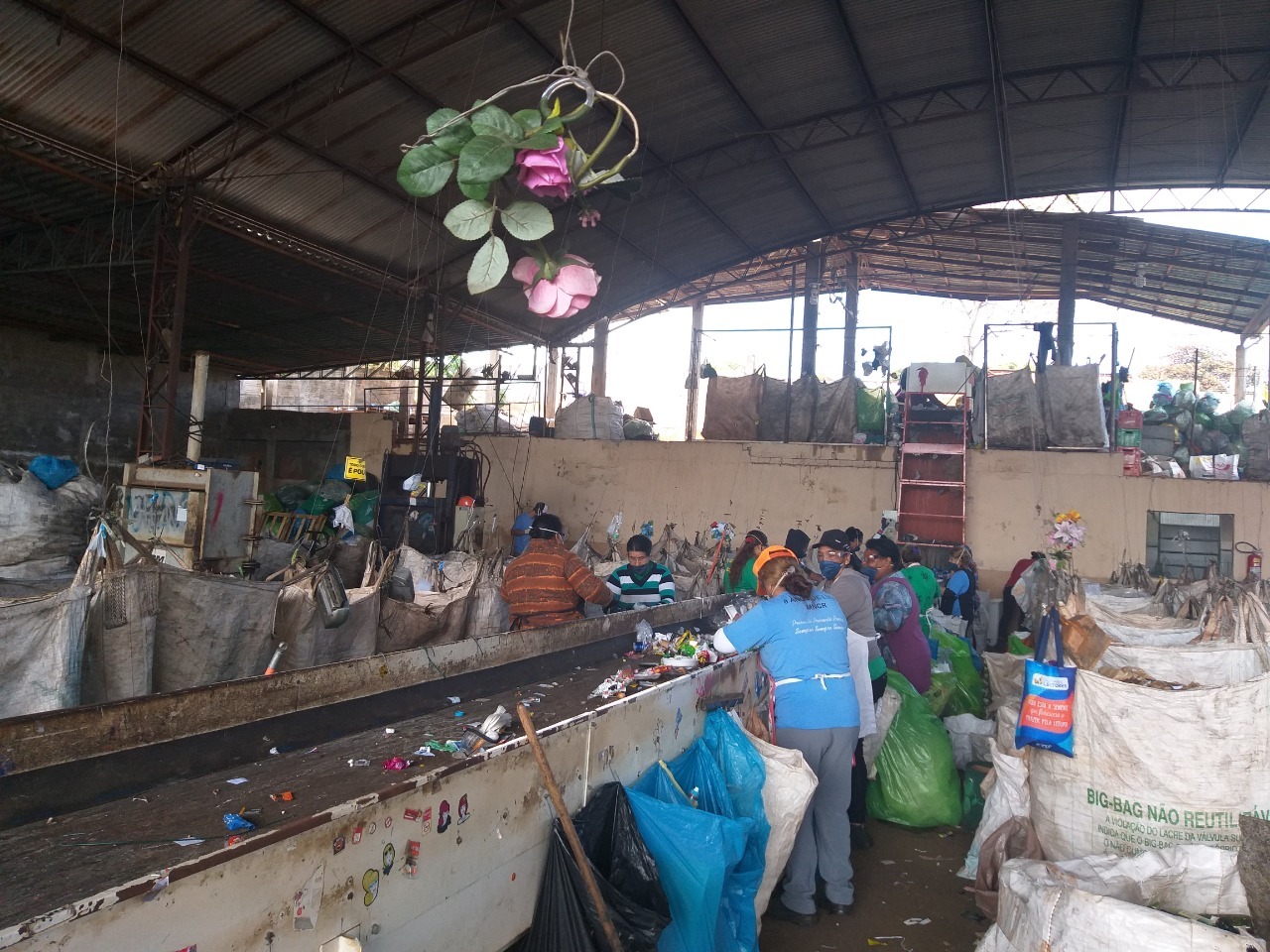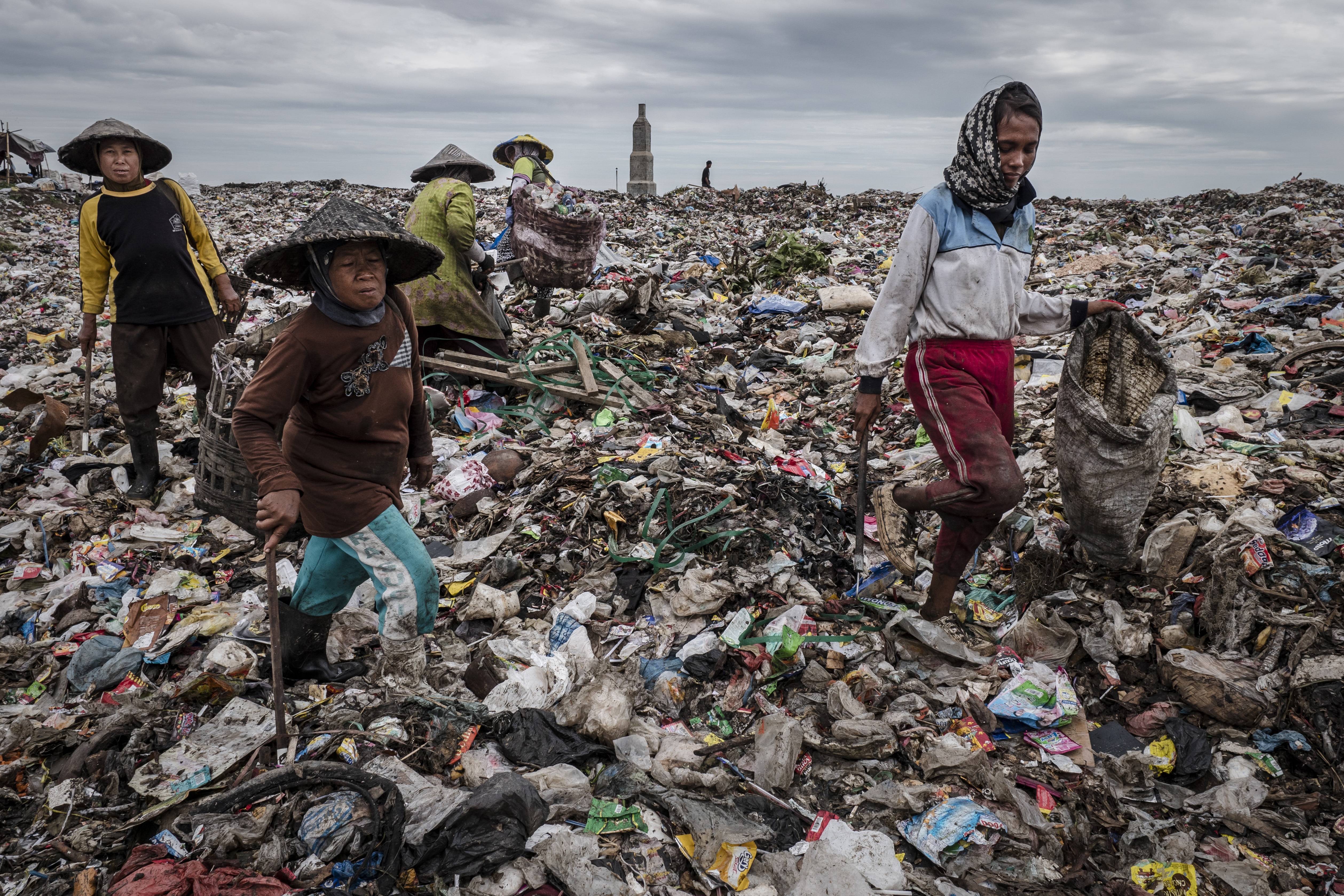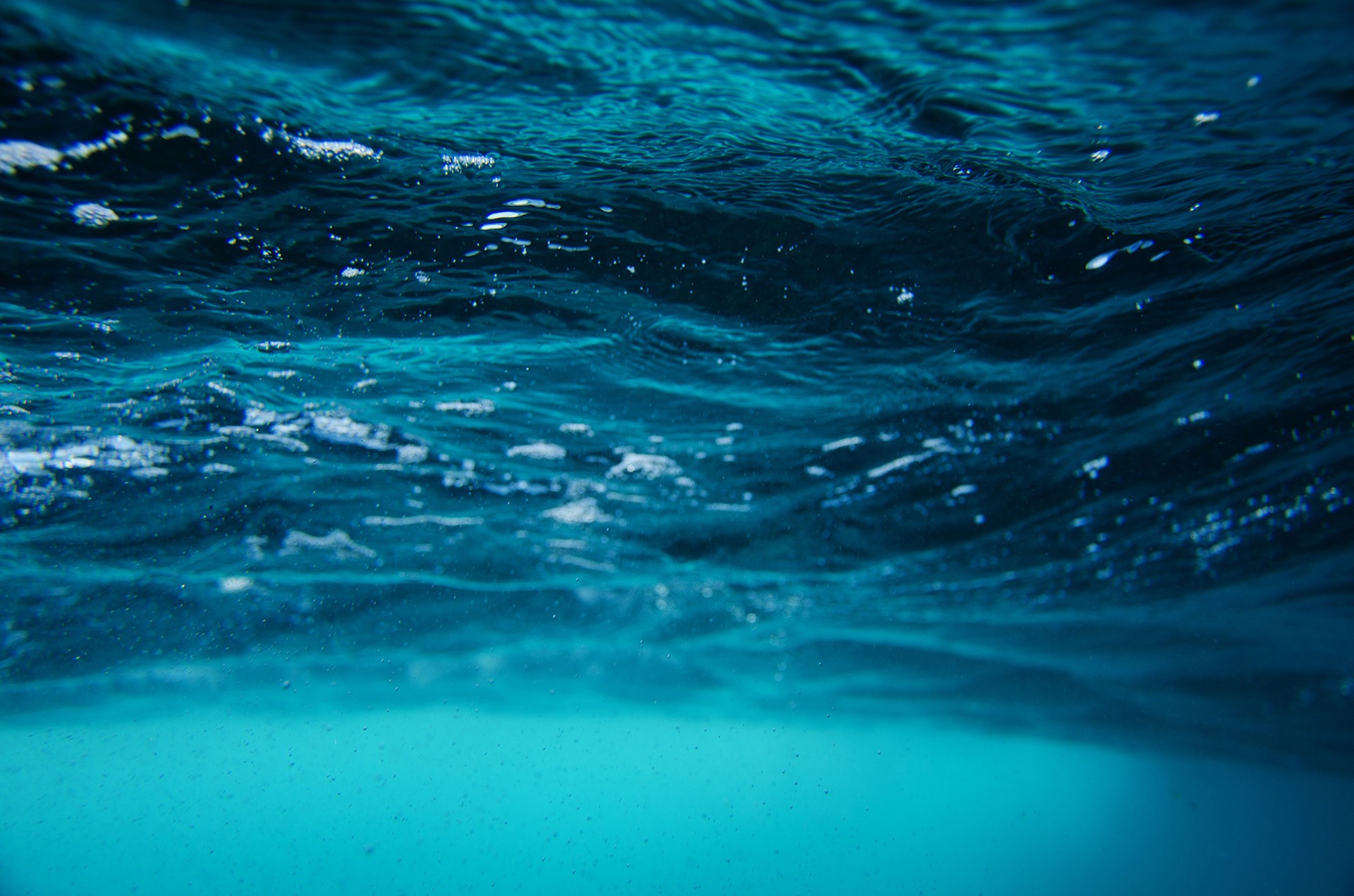
Published today, a new book highlights proven solutions from 45 organisations working on the frontline of the ocean plastic challenge. Instead of taking a top-down approach to solving waste and environmental plastics, Joi Danielson and her co-authors went into the world and met the people who are tackling the problem successfully.
“Waste has always been someone else’s problem,” explains Joi Danielson. “The very nature of throwing waste ‘away’—out of sight, out of mind—transfers the responsibility to someone else.” As the book’s co-author, Danielson understands the top-down approach and the problems on the ground: she is the Asia Programme Director for Project STOP, an initiative supported by local and global partners to create sustainable, circular waste management systems in Southeast Asia. “What’s needed,” she insists, “is the sharing of responsibility across the entire manufacturing-to-waste value chain—by every stakeholder—particularly to empower frontline organisations to do their job and scale their impact. This is how true change will happen.”
As plastic use increases around the world, the COVID-19 pandemic has exposed vulnerabilities in the global waste management system. These impacts now threaten waste programmes, particularly those in countries at the frontline of the ocean plastic challenge. A new book, Leave No Trace: Vital Lessons from the Frontline of Waste and Ocean Plastic, highlights proven solutions from 45 organisations working on the frontlines to ensure resilient waste collection and recycling programs, contributing to preventing environmental plastic pollution. The book was authored by Vital Ocean/SYSTEMIQ, TriCiclos, and Hasiru Dala.
The world is struggling with the question, “How do we stop ocean and environmental plastic pollution quickly, permanently, and as cost efficiently as possible?” The question is a challenging one, especially in developing economies where funding for waste management is low, and numerous structural constraints stifle the creation and operation of waste collection and recycling systems. The situation is exacerbated by the pandemic: government funding for waste systems are diverted to support the COVID response and collapsing oil prices have led to falling demand and slashed prices for recycled plastic. As a result, fund-constrained waste programmes are at risk of being suspended, forcing residents to dump or burn waste, and risking lives and livelihoods.

Leave No Trace features practical, field-tested solutions and business models from 81 international case studies in Brazil, India, Indonesia, and Chile for building resilient waste and recycling programs. The research focuses on solving five universal, complex challenges that all waste and recycling organisations working in fund-constrained environments face: behaviour change at scale, waste picker inclusion, affordable waste collection, recycling plastics economically, and processing organic waste without a loss.
According to Joi Danielson, Co-Founder of Vital Ocean and SYSTEMIQ partner, most analyses take a top-down, “what must be true” modelling approach to solving waste and ocean plastic problems. But Leave No Trace takes a bottom-up approach, going into the world and asking those on the frontline who have successfully tackled these challenges how they did it.
The goal of Leave No Trace is to offer frontline waste and recycling operators practical, field-tested solutions that can be harnessed to build resilient waste and recycling programs in regions facing limited financial resources. It is also to share with decision makers from government, and industry what is needed to address root cause structural constraints from those who deal with them every day. Based on interviews with pioneering frontline organisations, it is a “deep dive” tutorial on solving the crisis of ocean plastic.

The book also emphasises the importance of informal “waste pickers” who have helped transform their communities while simultaneously pursuing a better life for themselves and their children.
“Waste pickers are at the heart of the recycling chain. They need to be formally included in waste management systems to achieve a worldwide consistent circular economy model,” explains Julia Luchesi, Operations Manager of TriCiclos. “The first step is to recognize them as service providers. In Leave No Trace, we bring inspiring experiences that are closer to models that we believe in. Please join us in the discussion of this topic.”
“Waste pickers play a key role in enabling the circular economy, especially in developing countries. When given the space and opportunity to participate in formal waste management systems, there is a two-sided impact: social and environmental,” explains the Co-Founder and Executive Director of Hasiru Dala, Nalini Shaker.
To bring these insights to as many people around the world as possible, Leave No Trace will be available for free and published in four languages: English, Spanish, Portuguese, and Bahasa Indonesia. ExxonMobil, a founding member of the Alliance to End Plastic Waste, provided the funding for this research.

